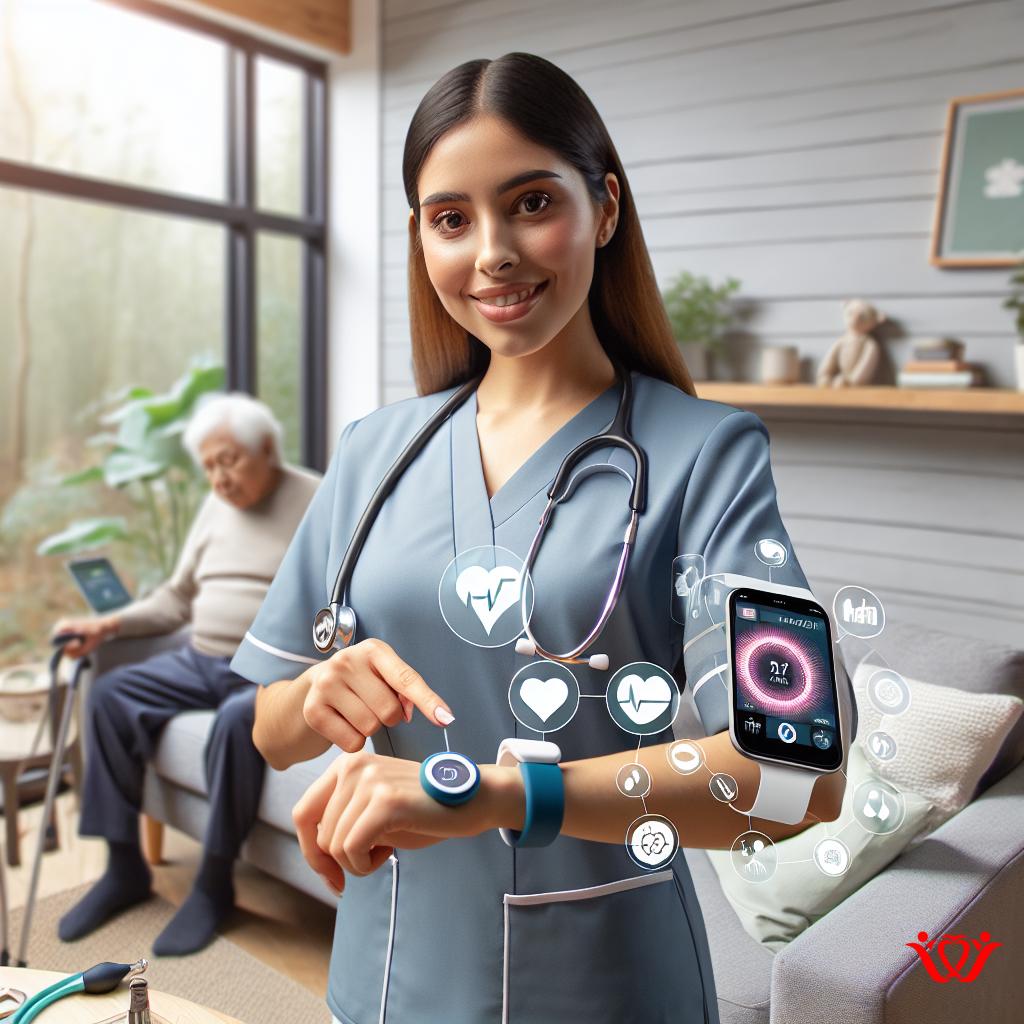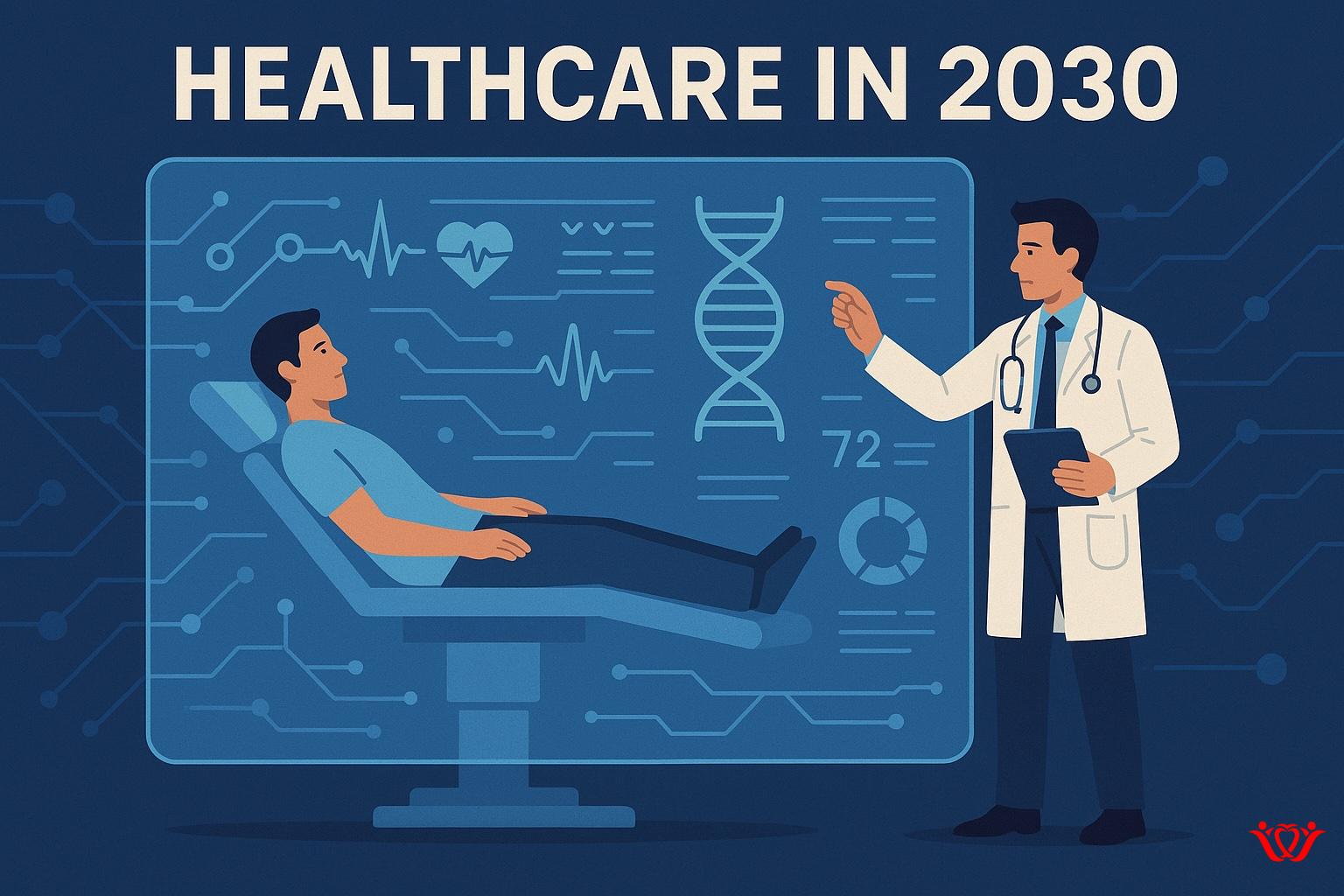
The landscape of home health care is evolving rapidly as we move towards 2025. Several trends are emerging that promise to transform how we perceive and deliver care in the comfort of our homes. These changes are driven by technological advancements, shifting demographics, and growing demands for personalized care.
Technological Advancements in Home Health Care
Technology is playing a pivotal role in reshaping home health care. Here’s how innovation is enhancing this sector:
1. Telehealth and Remote Monitoring
Telehealth services have become more popular, allowing patients to consult with doctors from their homes. This convenience is paired with remote monitoring devices that track vital signs such as heart rate and blood pressure, providing real-time data to healthcare providers.
Benefits include:
- Reduced hospital visits
- Improved patient engagement
- Timely interventions
2. Artificial Intelligence (AI) and Machine Learning
AI is revolutionizing diagnostics and treatment plans. Algorithms can now predict health issues before they become severe, allowing for early intervention. This personalized care approach is set to grow exponentially in the coming years.
Demographic and Societal Changes
As the global population ages, the demand for home-based care is increasing.
Aging Population
By 2025, a significant portion of the population will be over 65, necessitating more accessible health care solutions. Home health care offers a viable option for older adults seeking comfort and familiarity.
Rising Chronic Conditions
Chronic diseases like diabetes and heart disease are on the rise. Home health care provides ongoing management and support, which is essential for maintaining quality of life for individuals with chronic conditions.
Personalization in Home Health Care
Personalization is key in delivering effective home health care. Here’s what to expect:
Customized Care Plans
Care plans are being tailored to meet individual needs more than ever before. Advanced data analysis enables healthcare providers to offer customized care that considers a patient’s medical history, preferences, and lifestyle.
Patient-Provider Collaboration
The partnership between patients and providers is becoming more collaborative, emphasizing mutual decision-making and shared goals for a more supportive care experience.
Challenges and Opportunities
While there are many positive trends, challenges exist that need to be addressed for the successful implementation of home health care by 2025.
Data Security and Privacy
As more health data is collected and transmitted electronically, ensuring its security and privacy is paramount. Healthcare providers must invest in robust cybersecurity measures to protect sensitive information.
Healthcare Workforce
The growing demand for home health care services requires a skilled workforce. Training and retaining caregivers will be essential to meet the future needs of this sector.
In conclusion, the future of home health care in 2025 is bright, with technologies and societal shifts paving the way for more effective and personalized care. As we embrace these changes, understanding and addressing the accompanying challenges will ensure a successful transformation.









0 Comments